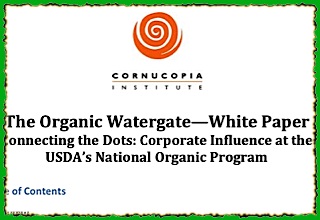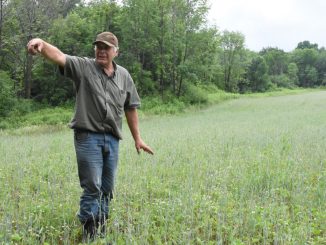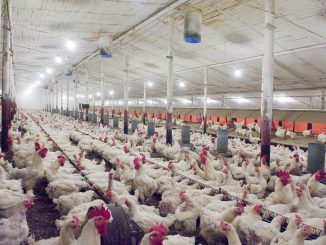The EU decision to grant US organic products equivalence with EU organic output looks increasingly shaky, in the light of the Organic Watergate White Paper, published earlier this month by the Cornucopia Institute. The US administration appoints 15 members of the National Organic Standards Board (NOSB) to represent the interests of the organic sector.
 This system of political patronage has given the corporate world a free hand in setting its own standards used to define the term organic, warns the Cornucopia Institute. During the past three administrations, NOSB has been making policy recommendations and modifications.
This system of political patronage has given the corporate world a free hand in setting its own standards used to define the term organic, warns the Cornucopia Institute. During the past three administrations, NOSB has been making policy recommendations and modifications.
The most controversial of these has been the approval of processed oils made with genetically modified algae and soil fungus by USD 12 billion multinational Royal DSM and Martek Biosciences Corporation. Despite protests from food campaigns, the approval process was bulldozed through by NOSB chair Tracy Miedema who had been appointed to serve consumer interests.
The Cornucopia Institute started to look at the scientific and technical reviews of synthetic materials that were supplied the 15 political appointees sitting on the board. The institute found that health and environmental risks had been “grossly downplayed.”
In one instance, a processed form of carrageenan seaweed extract listed by the World Health Organization as a “possible human carcinogen” received an NOSB approval in 1995. Carrageenans form a complex and diverse group of emulsifiers, some of which have been used for centuries and literally hold together many modern emulsified foods, such as dairy desserts or mayonnaise.
The European Commission recommends no more than 5% (limit of detection) degraded carrageen in batches destined for manufacturing. The risks from degraded carrageenan have been studied as far back as the 1970s and was the subject of a debate in the columns of The Lancet in 1980. Fifteen years later, however, three technical reviewers of the ingredient omitted any mention of this public debate within the scientific establishment.





